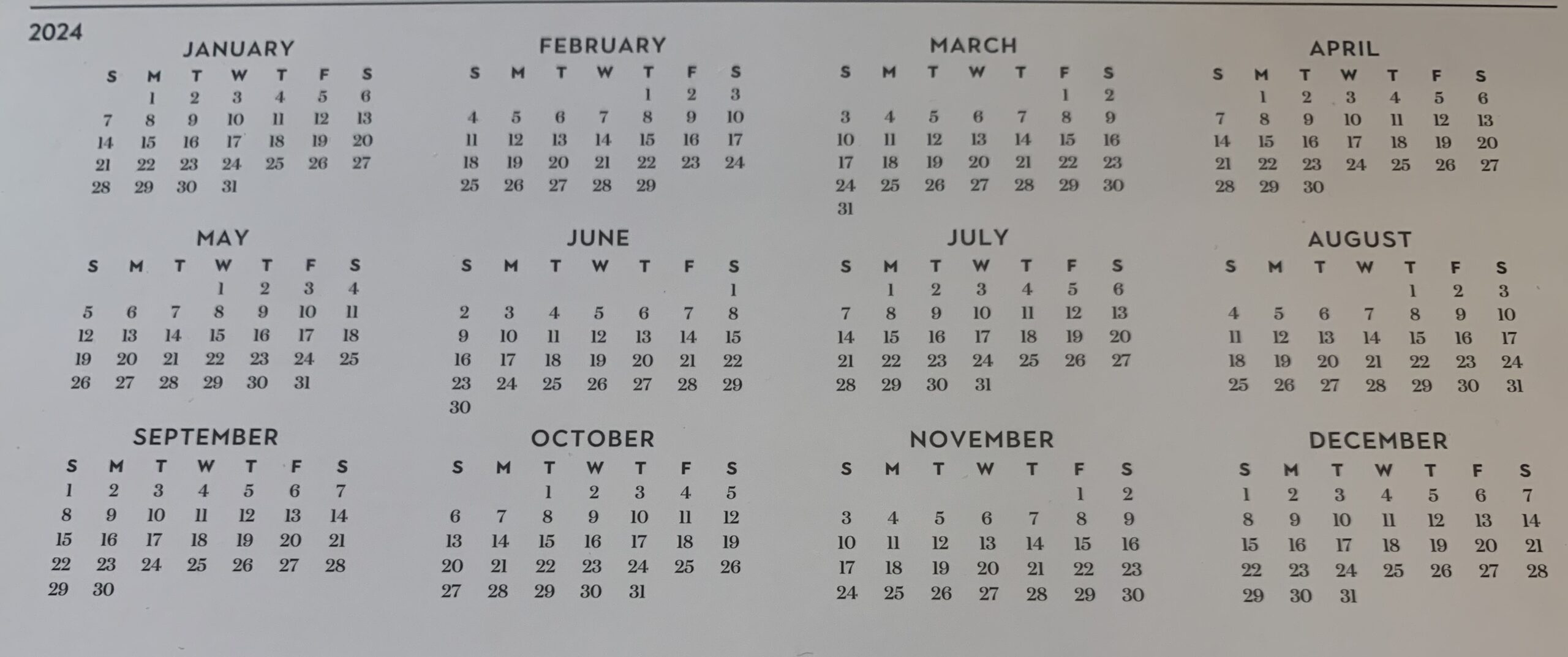Keeping goals seems annoying because everyone talks about them all the time. But they are a great way to keep motivated and have checkpoints. Hence, when learning a language, having goals you are aiming to meet can help you, motivate you, and provide direction to you.
To help you create these monthly milestones and goals I have created an example of 12-month language learning milestones.
Here is an example of monthly goals to help give you an idea of some monthly goals to set and give you a drive to start with.
Simplified Overview:
| Month 1 | Month 2 | Months 3 – 4 | Months 5 – 6 |
| Creating Foundations | Building Vocabulary | Building on Grammar Basics | Developing Conversational Skills |
| Months 7 – 8 | Months 9 – 10 | Months 11 -12 | Month 12+ |
| Advancing Grammar and Vocabulary | Listening and Speaking | Cultural Immersion | Create New Goals |
For daily goals check out: How To: Setup a Language Study Schedule – Ephemeral Enthusiasms
For weekly goals check out: A Practical Guide to Crafting an Effective Week-By-Week Language Learning Schedule – Ephemeral Enthusiasms
Month 1: Creating Foundations
- Overall Goal: Develop a consistent language learning routine.
- Create and Setup daily study habits and stick to a schedule.
- For daily goals check out: How To: Setup a Language Study Schedule – Ephemeral Enthusiasms
- Achieve basic proficiency in greetings, introductions, and pronunciation.
- Usually, these are the easiest to find resources online to get you started.
- Familiarize yourself with common phrases for everyday communication.
- Create and Setup daily study habits and stick to a schedule.
Month 2: Building Vocabulary
- Overall Goal: Build a solid foundation of essential vocabulary.
- Learn and memorize at least 150-200 new words.
- Start forming simple sentences with vocabulary you have learned.
- Start trying to engage in basic conversational scenarios.
Month 3-4: Building on Grammar Basics
- Overall Goal: Gain a good understanding of fundamental grammar concepts.
- Use basic sentence structures in conversations (written and/or spoken)
- Conjugate common verbs correctly in present and past tenses.
- Enhance written communication with improved grammar.
Month 5-6: Developing Conversational Skills
- Overall Goal: Have extended conversations (10mins)
- Participate in language exchange sessions or conversation groups.
- Discuss personal interests and share experiences.
- Increasing confidence in expressing thoughts and opinions.
Month 7-8: Advancing Grammar and Vocabulary
- Overall Goal: Reach an intermediate level of proficiency.
- Use more complex sentence structures.
- Expand vocabulary to discuss a wider range of topics.
- Engage in discussions involving abstract concepts.
Month 9-10: Listening and Speaking
- Overall Goal: Enhance your ability to understand and communicate verbally.
- Display improved listening skills through comprehension of podcasts, radio, or audiobooks.
- Participate in longer conversations
- Watch and understand movies or videos without relying heavily on subtitles.
Month 11-12: Cultural Immersion
- Overall Goal: Gain cultural understanding and adaptability.
- Read literature or watch media that reflects cultural normalcies.
- Discuss cultural topics fluently.
- Understand and respect cultural norms and etiquettes.
Beyond Month 12: Continuous Improvement
- Overall Goal: Sustain and expand language proficiency.
- Set long-term language learning goals for the upcoming year.
- Read advanced literature, articles, or blogs.
- Speaking with native speakers.
- Plan a trip to a country where the language is spoken to further immerse yourself.
All of these goals can be and should be altered/changed to fit where you are at. This could be a very aggressive monthly plan. Perhaps someone who learned a language but want to freshen up this would be ideal. Just know that learning isn’t always linear, and mistakes will be made and it okay! Celebrate where you are now and the achievements you made now.
